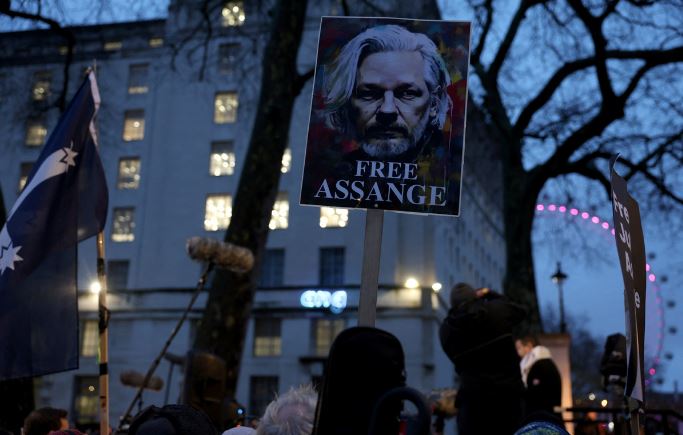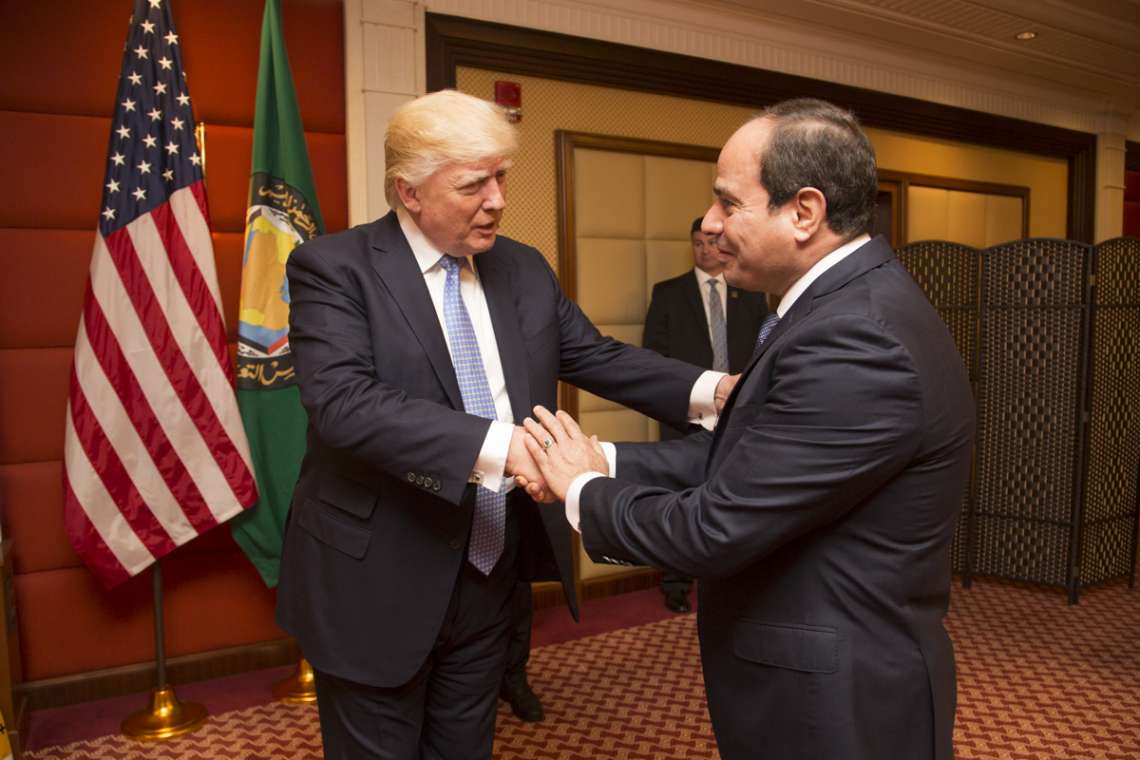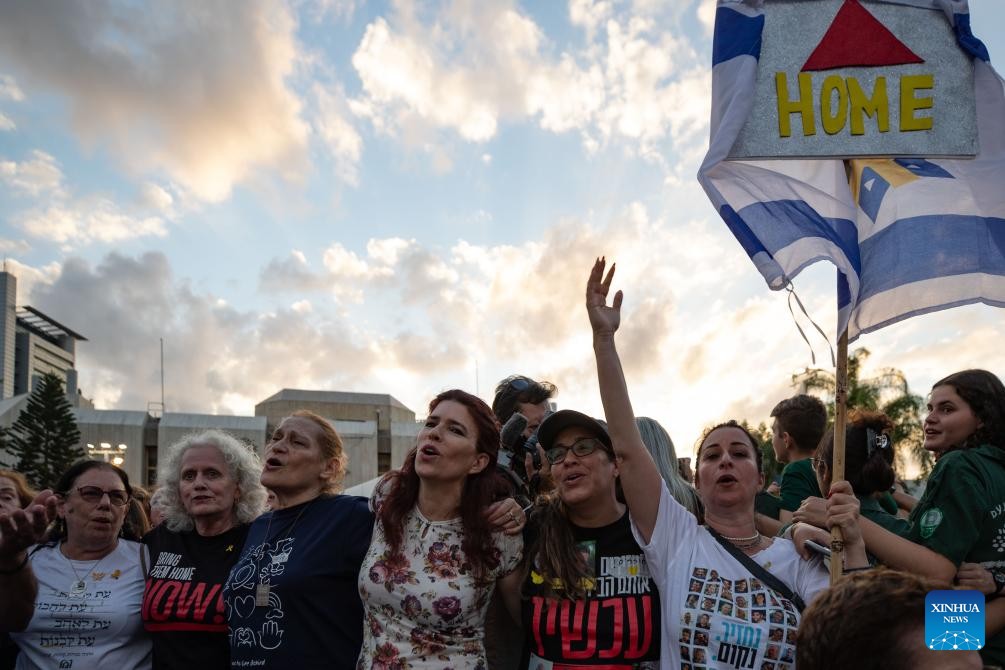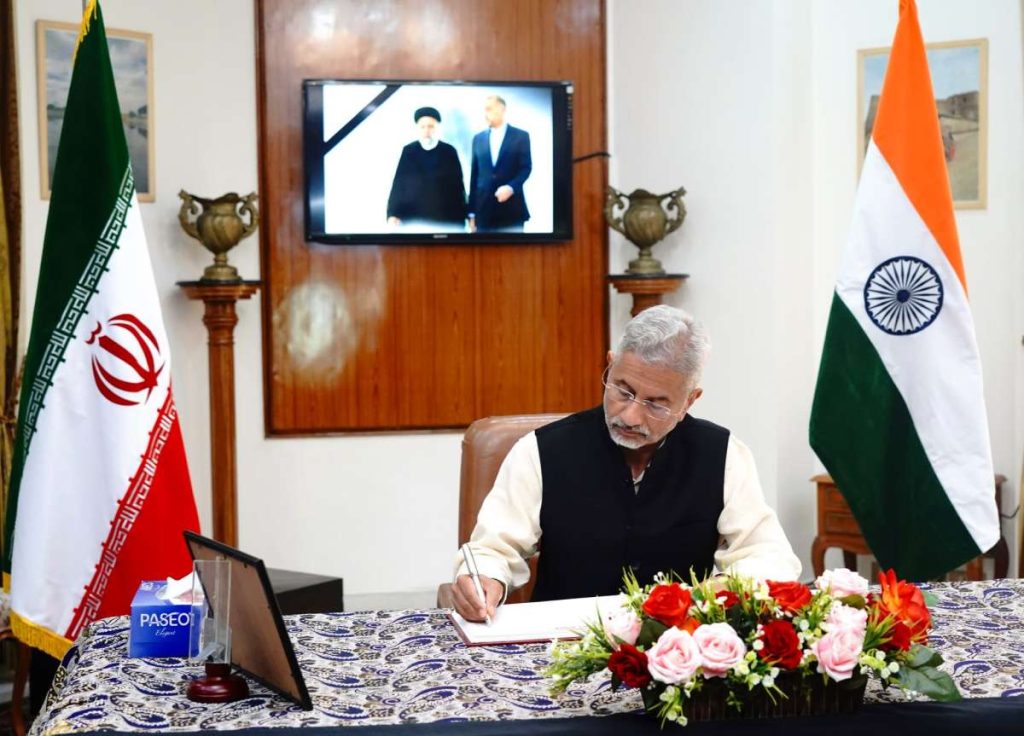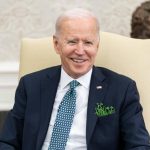The judges accepted that there was an arguable case that he could be discriminated against, after being told that an US prosecutor has said the first amendment may not apply to foreigners when it came to national security issues…reports Asian Lite News
Julian Assange has been granted leave to mount a fresh appeal against his extradition to the US on charges of leaking military secrets and will be able to challenge assurances from American officials on how a trial there would be conducted.
Two judges had deferred a decision in March on whether Assange, who is trying to avoid being prosecuted in the US on espionage charges relating to the publication of thousands of classified and diplomatic documents, could take his case to another appeal hearing.
On that occasion, Dame Victoria Sharp and Mr Justice Johnson ruled he would be able to bring an appeal against extradition on three grounds, unless “satisfactory” assurances were given by the US.
The assurances requested were that he would be permitted to rely on the first amendment of the US constitution, which protects freedom of speech; that he would not be “prejudiced at trial” due to his nationality; and that the death penalty would not be imposed.
There were gasps of relief from his wife and supporters at the high court in London on Monday as judges granted him leave to challenge his extradition on the grounds of whether removal would be compatible with the right to freedom of expression under the European convention on human rights, regarded as having the functional equivalent of the US first amendment, and on the grounds that he might be prejudiced at his trial or punished by reason of his nationality.
The judges accepted that there was an arguable case that he could be discriminated against, after being told that an US prosecutor has said the first amendment may not apply to foreigners when it came to national security issues.
Assange’s team did not contest an assurance by the US that the death penalty would not be sought, accepting it was an “unambiguous executive promise”. But they argued that the situation was different in relation to any assurance that the Australian-born publisher could seek the same first amendment protections on free speech as a US citizen.
Edward Fitzgerald KC, representing Assange, said problems surrounding the assurances by the US were “multifold” and they did not rule out the possibility of a US court ruling that the WikiLeaks founder, as a foreigner, was not entitled to first amendment rights.
The assurance was not that Assange could “rely” on first amendment rights but “merely that he can seek to raise” them, Fitzgerald said.
Assange’s barrister also pointed to what he described as the “deafening silence” from US prosecutors including Gordon Kromberg, an assistant US attorney in the eastern district of Virginia, where Assange would stand trial.
“Specific promises from prosecutors are pretty common,” said Fitzgerald. “We will not object to bail. We will not seek the death penalty as in this case. No such specific assurance has been given here.”
James Lewis KC, representing the US, said the judges should “not be beguiled by the attractive and simplistic approach” taken by Assange’s legal team.
Assange’s nationality would not prejudice a fair hearing in the US, he said, but the conduct of which he was accused was not protected under the first amendment.
“The position of the US prosecutor is that no one, neither US citizens nor foreign citizens, are entitled to rely on the first amendment in relation to publication of illegally obtained national defence information giving the names of innocent sources to their grave and imminent risk of harm,” he added in written submissions.
“This principle applies equally to US citizens and non-US citizens irrespective of their nationality, or place of birth, and irrespective of where the conduct took place, though it is ultimately a question of law for the US courts. The conduct in question is simply unprotected by the first amendment.”
Assange was not in court for health reasons, his legal team said, but those present included his wife, Stella, and his father, John Shipton.
Speaking to supporters outside the high court after the hearing, Stella Assange said the US president, Joe Biden, was “running out of time to do the right thing” and drop the legal pursuit of her husband.
“We are relieved as a family that the courts took the right decision today but how long can this go on for? Our eldest son just turned seven,” she said.

